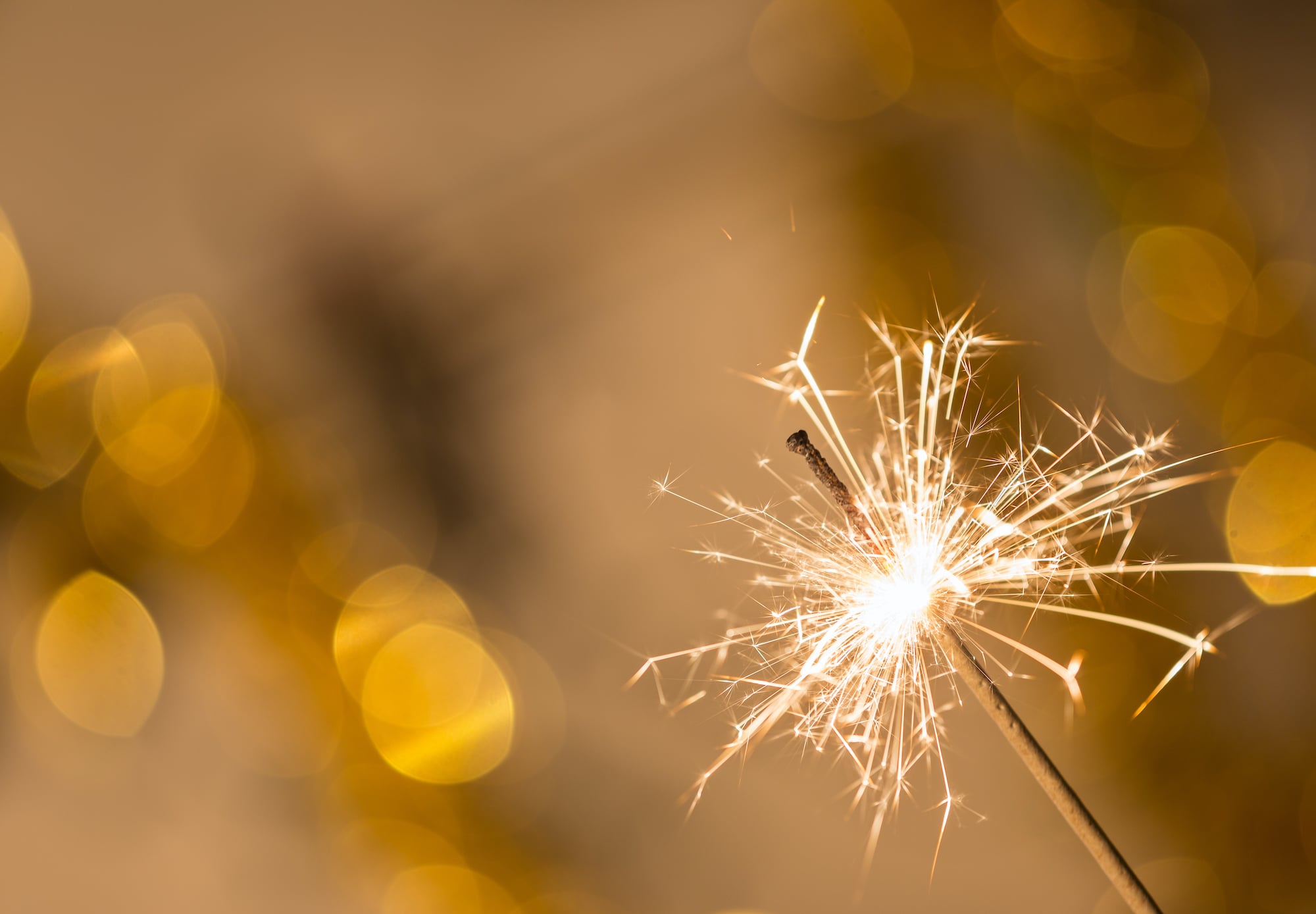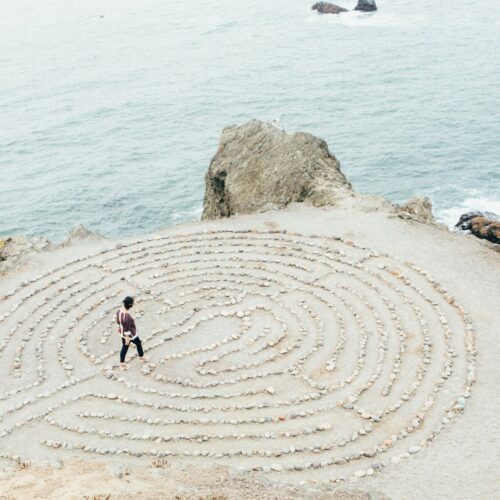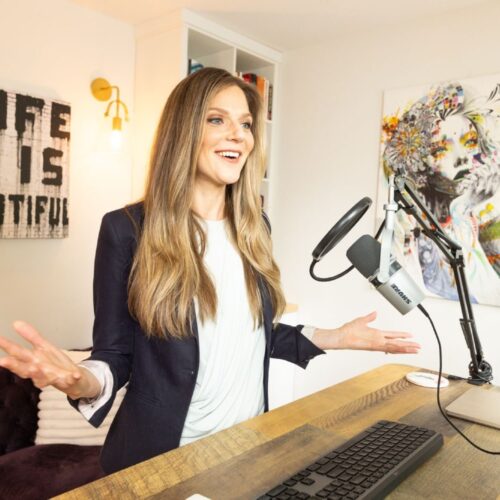On December 1, 1955, in Montgomery, Alabama, Rosa Parks rejected the bus driver’s order to give up her seat in favor of a white passenger.
Rosa refused.
She was arrested for civil disobedience in violating Alabama segregation law.
This refusal was a spark that added to the growing fire burning in the heart of local activists. This spark helped inspire the black community to boycott the Montgomery buses for over a year.
With the boycott, the black community opted out of supporting a system that didn’t treat them with dignity and respect. With their actions, they said “no more”.
Opting out wasn’t easy.
Change usually isn’t easy. Neither is standing up for yourself. Walking instead of riding the bus required energy and time, two resources that are already scarce in a system designed to make life difficult for you.
What Rosa Parks did is a brilliant example of the phrase “model the world you want within yourself.” What this means is creating intentional boundaries. It means deciding what you’ll support with your actions and participation, and what you’ll turn away from.
When you publicly set a boundary and bravely communicate it, you give permission to others to do the same. You show a new way of being, causing a ripple in our consciousness of what is possible. You say “I deserve more”. In doing that, you invite others to say “we deserve more too”.
While I have never had to face the violence and hatred of segregation, I try to model Rosa Parks’ example in my life. There are many things I choose to opt out of. My opt-out list is focused on any violation of the planet and any violation of people. Practically this means being informed about the products I purchase because a purchase is a vote for a company and its ways of operating.
For example, I opt out of supporting child labor and modern-day slavery. That means, in the product categories that are known to be riddled with these violations of people (like cocoa), I’m very intentional about what companies I buy from. If a company hasn’t done the hard work to create a supply chain free of child labor and modern-day slavery, I don’t buy from them. In spite of widespread reporting on labor abuses, very few chocolate companies have done this work. Most turn a blind eye, in favor of cheaper ingredients, thereby enabling these violations to continue.
I also opt out of purchasing products that are known to accelerate deforestation, like Palm Oil (which is an ingredient in a lot of products: cake, chocolate, biscuits, frying fats, cosmetics, soap, shampoo, cleaning products).
I rely heavily on third-party certifications to narrow down my choices. This means I look for certain labels: Fair Trade, Regenerative Organic Certified, Organic, Pasture Raised, B Corp.
I hope my boundaries and my actions are a spark. A spark that adds to the growing fire illuminating what’s acceptable conduct for businesses, while burning to-the-ground practices that are no longer tolerated.
With enough people creating boundaries, taking accountability, and leaning in instead of turning a blind eye, practices that protect people and the planet will become the standard, not the niche choice.
Imagine if sustainable production and a living wage were required for any business to keep its doors open.
What are your boundaries? What are you opting out of?
How will you add your spark to this growing fire?




